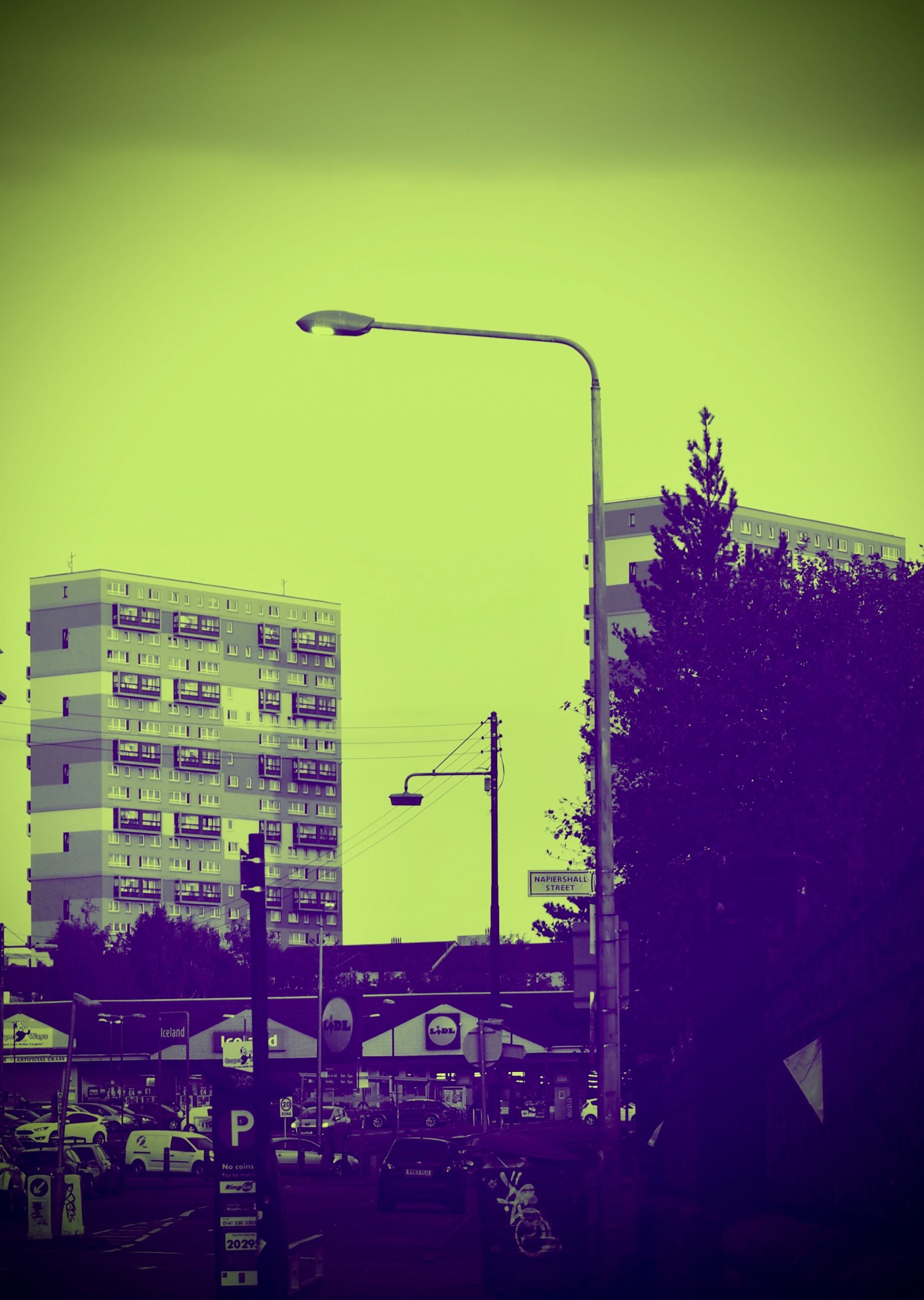[Written by Dyani Sheppard (she/her)]
[Image Credits: Florence Bridgman (she/her)]
Series caption: Working-class voices often go unheard, especially at university. In light of our final theme, we have launched a 3-part series exploring the effects of class on our perceptions of “Home”. The series projects working-class voices from different areas: Scotland, the North-West, and East Anglia. Our writers share their experiences of growing up in working-class communities, rejecting common stereotypes of these environments as miserable and dangerous, in favour of exploring the idea of working-class homes as places of trust, love and solidarity. Most importantly, all the pieces are written on their own terms.
Home is never a neutral term. It is deeply personal and related to our unique upbringings and identities. For me, growing up in a working-class home, it has largely positive connotations, enmeshed with more complicated feelings and a sense of insecurity which may be shared by more people than we realise.
My family home is on a street of social housing in a diverse, largely working-class area. When people learn this, they seem surprised – probably based on their preconceived ideas about what a working-class person looks or acts like, maybe based on what they assume about such areas, what they read in headlines or see when driving past. Quickly typing my home area into Google brings up questions of its safety, crime levels, and the Smiths song Rusholme Ruffians, whereas typing the area of Glasgow that I live in brings up the words “brunch”, “bars” and “dog friendly”. In every city there are areas which are known to be “rougher”, however there is a lack of discussion of the reality of living there.
These ideas about working-class homes have created a duality to my understanding of “home”. Those basic connotations of home still resonate, home as a place full of love, of security, stability, warmth, old pictures on the wall and food in the fridge. Home as a solid base to return to no matter what, a place that doesn’t require your explanation, just your presence. It’s important also to simply remember the privilege of just having a safe and permanent home, regardless of where it is or who owns it.
Despite this, “home” still creates a sense of uneasiness and feels embedded with other meanings. There is a feeling of differentness that only becomes apparent when stepping away into new circles and environments. Within the University environment, where most students seem to be from middle-class (or upper-class) backgrounds, there exists an insecurity in knowing how different our backgrounds are. With the negative assumptions, stereotypes and the feeling that it’s not the common experience to be working-class, there comes a feeling of discomfort, potentially even a feeling of shame; as if it’s a loaded secret that needs admitting rather than a simple fact of personal history or a matter of geography. Little things slip into conversations, mentions of hot tubs, the local Waitrose, inheritance, that seem utterly insignificant, but still stand out and act as a measure of difference. We end up feeling like we come from completely different worlds and upbringings. Right now, we stand in the same kitchen, the same bedroom, talking about the same deadlines and parties, so maybe where we are from and where we will return to should be meaningless, but there are dualities at work.
Another duality is that while there is some truth to the negative conceptions of working-class areas there is a great deal of unspoken positives. Typically, disadvantaged areas have higher levels of crime and are generally perceived as more dangerous. However, crime can be bred from economic disadvantages and a characterisation of crime in this way should lead to questions about the unfairness and inequality of society. Despite this, in disadvantaged areas there is a real sense of community, of neighbours caring for one another and helping each other through tricky periods. These are not the things reported however, but working-class areas can be a community of people living similar lives and sharing an understanding of life.
Defining home is complicated for many, but perhaps any insecurity surrounding working class homes should be acknowledged as the influence of external perceptions. Any external assumptions can be challenged in promoting a greater discussion of the validity of these experiences, especially for university students like me. While claims of a post-class society don’t feel true, we should attempt to allow university to be a space for a diverse community rather than an elitist institution dominated by privilege. Ultimately, I feel glad to have been brought up as I have, and to be from a working-class home, glad to be at Glasgow University studying Politics, where, during discussions of news headlines and policy decisions, I feel I have a real-world point of reference. Those decisions and headlines are not abstract theory to me – they affect my neighbours, my family.
Therefore, I think we need to make the voices and experiences of working-class students, and people, more heard, more normalised, so that it shouldn’t feel like a point of difference, it shouldn’t be a comparison but a celebration that we all have the privilege of attending a prestigious university no matter our background. We all arrived at the same point and meeting people with such different experiences is one of the best things about university – but we need to discuss those differences in order to benefit from this opportunity.

